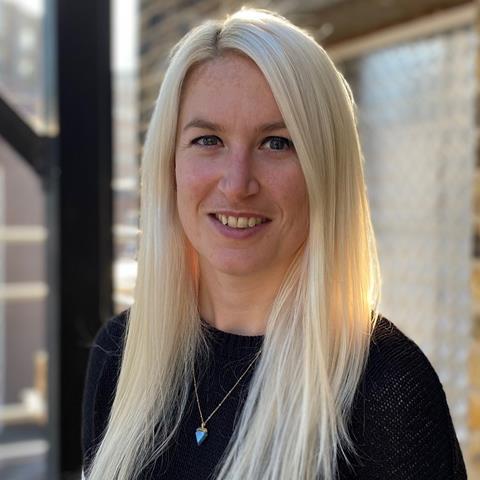The pace of the modern workplace is not necessarily making us any more productive, writes Anna Beckett

I don’t know about you, but since the pandemic I’ve felt like life has sped up and we’re all going faster and faster just to keep up. Expectation of what you might be able to achieve in a day has changed completely. Now that we can have meetings online, you can go from one Teams call to another without any time to gather your thoughts, let alone action the things you’ve agreed.
Not so long ago we used to do things quite a lot differently in the construction industry. We used to produce physical drawings and share them by post. Projects moved a little slower, and because you shared information less frequently that information was perhaps more considered.
Over the last 20 years technology to help us to collaborate has improved and as a result information sharing has sped up dramatically. The use of email has helped a lot, but having email on our phones also means that there’s an expectation that we are always available and will read and respond to emails quickly. Through the pandemic we realised that we could have meetings online, cutting out journey time and theoretically making collaboration easier…
The problem is that the journey time is often when you processed the things you’d talked about in the meeting, or chatted to your colleague about how you might achieve the things you’d promised. Without that time, you go straight into the next meeting, still thinking about the last one, and often trying to write an email at the same time.
We’re all a lot busier but are we actually achieving more? There’s certainly an argument to suggest that we’re not. Without the time to think through the ideas on a particular project then perhaps the way we work becomes much more inefficient. We lose the opportunity to think through our decisions and maybe the choices we make aren’t so well reasoned as a result.
And actually, would slowing down our decision making also benefit us in terms of sustainability? We all know that the biggest carbon savings are made in the early stages of design, so isn’t it time we changed our design programmes to allow for that? If we take a bit more time to study the options at Stage 2 then the savings we can make in terms of carbon are much more significant than those we can make later in the design.
If you’re working with an existing building, taking more time for structural investigations can also offer huge savings in terms of both carbon and cost. Maybe the early stages of the design programme will be extended, but fully understanding the existing building can significantly reduce the risk later in the project and can allow you to make better use of what you have.
When we get on site one of the biggest issues with material reuse is the additional time needed to extract those materials and, while there is obviously also a cost associated with that, maybe its time we started to factor that into our construction programmes. If we want to be able to use materials in a more circular way then we need to allow the time to make that feasible.
Construction will always feel like a bit of a rollercoaster, but it doesn’t need to feel like a runaway train. We need to consider if we’re actually taking the time we need to make important design decisions. There’s always time for one more call, but is it actually achieving anything? And if we take a bit more time can we also make more sustainable decisions for our projects…
Postscript
Anna Beckett is an associate at Buro Happold
















1 Readers' comment